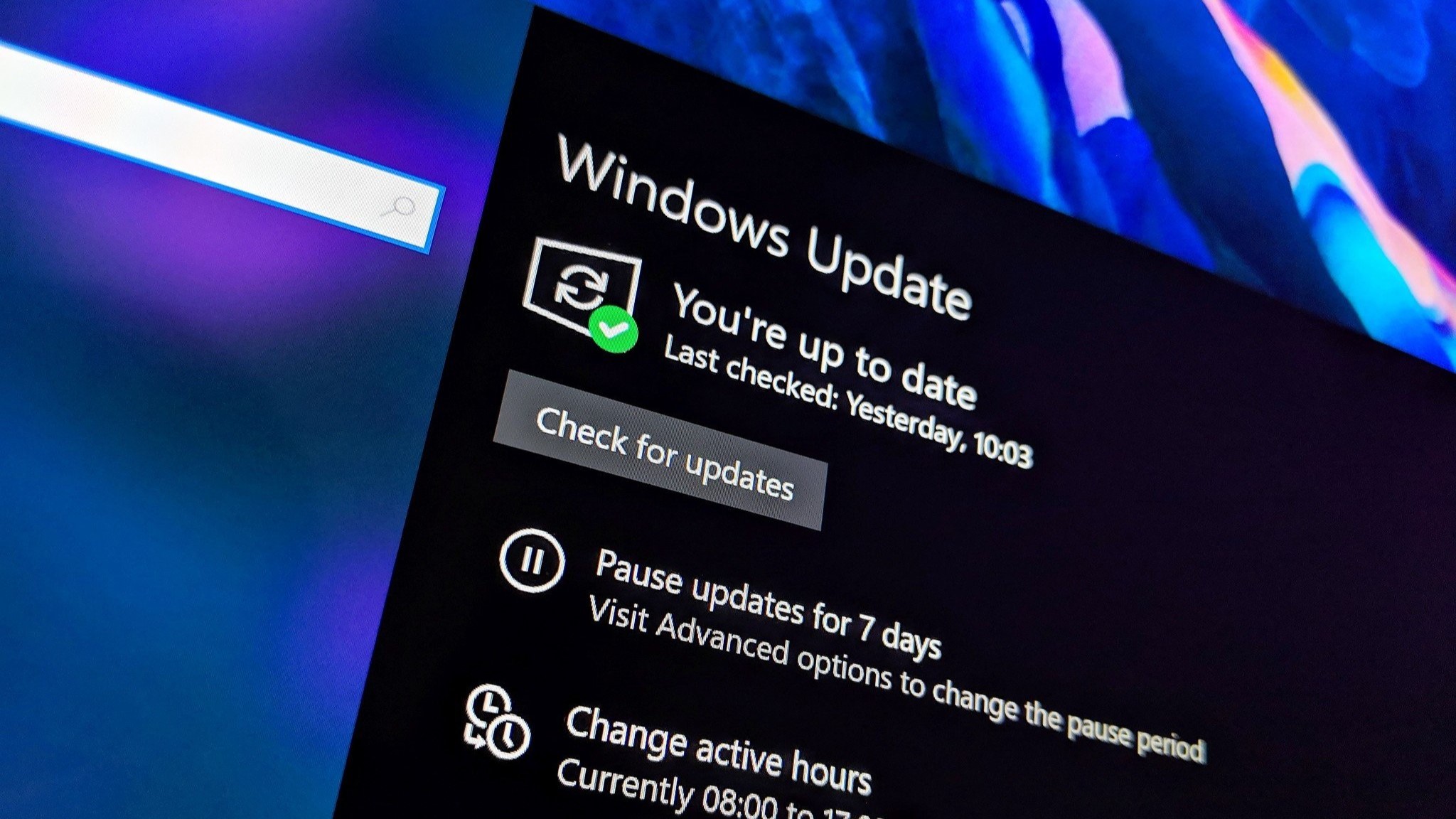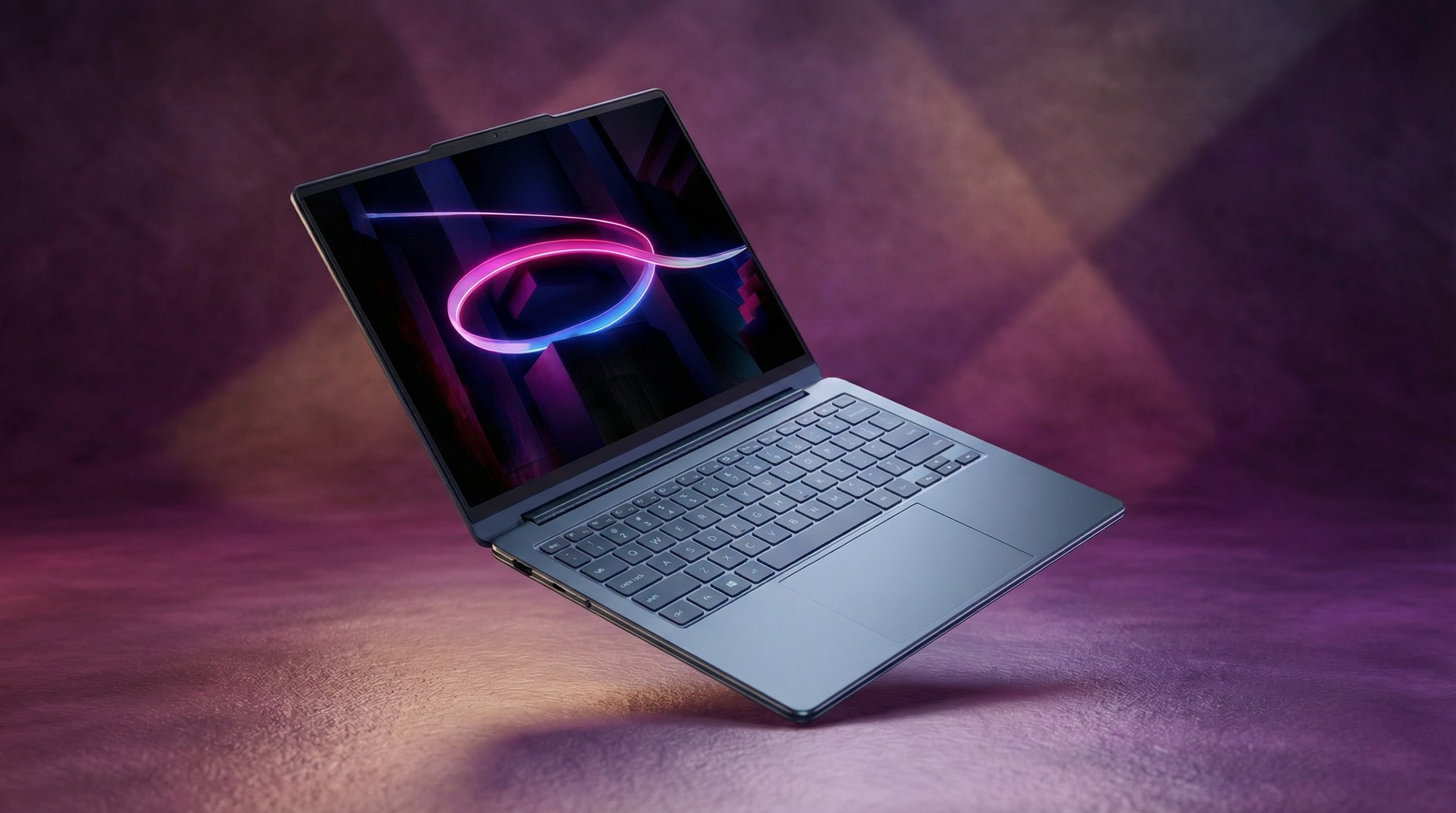Windows 10 protesters demand free security updates through 2030 to ward off forced obsolescence — Microsoft's ESU is just a 12-month "snooze button"
Microsoft claims it remains committed to its sustainability goals, despite ending support for Windows 10, a move expected to trigger the largest jump in junked computers in history.

All the latest news, reviews, and guides for Windows and Xbox diehards.
You are now subscribed
Your newsletter sign-up was successful
Microsoft finally pulled the plug on Windows 10 support, despite multiple requests and petitions to reconsider the decision. The Public interest Research Group (PIRG) claimed that the move would lead to the single biggest jump in junked computers, potentially leaving approximately 500 million PCs unsupported.
The group recently doubled down on its efforts in an attempt to get Microsoft to backtrack its decision. It claimed that ending support for Windows 10 only widens the digital divide gap, leading to a huge spike in electronic waste coupled with increased cybersecurity threats.
However, Microsoft moved forward with its plans, confirming Windows 10 is dead and that it had shipped the final security update for the OS with several fixes and improvements.
Windows 10's death has received backlash from users. As reported by The Register, protesters lobbied outside Microsoft's Brussels office following the company's decision to end support for the operating system.
The Right to Repair Europe coalition was among the anti-end of Windows 10 groups that lobbied outside Microsoft's Brussels office, and revealed that the protest was geared towards "exposing perfectly functional PCs rendered obsolete by the company's decision to end free and automatic Windows 10 updates."
Right now, Windows 10 users only have a finite number of options, including enrolling in Microsoft's Extended Security Updates (ESU) program by syncing their PC settings to the cloud via a Microsoft account or paying $30 or 1,000 Microsoft reward points. However, Microsoft recently backtracked on the move, at least for users in the European Economic Area, allowing them to access the ESU program for free without meeting the requirements highlighted above.
However, the protesters dismissed Microsoft's ESU program as a last-minute "snooze button," which only acts as a band-aid on a bleeding system and postpones the issue by 12 months. Instead, the protesters are pushing for Microsoft to continue providing free, automatic Windows 10 security updates until 2030.
All the latest news, reviews, and guides for Windows and Xbox diehards.
Microsoft's move to drop Windows 10 support could turn millions of functional computers into e-waste, not because they're faulty, but because software says so. This is 'fast tech' in action: a system profiting from forced obsolescence and locked repairs, draining wallets and poisoning the planet. Current EU rules are failing to stop it. We need mandatory repairability, long-term software support, and strong right-to-repair laws. Recycling isn't enough; the Circular Economy Act must prioritize reuse and repair, before fast tech costs us the Earth.
Cristina Ganapini, coordinator of Right to Repair Europe
While speaking to The Register, a Microsoft spokesman issued the following statement regarding the company ending support for Windows 10:
"Microsoft has a longstanding commitment to sustainability, and we are focused on our goals of becoming carbon negative, water positive, and zero waste by 2030. This includes designing our devices for optimal repair, reuse, and recovery. At the same time, we see cyberattacks increasing in both volume and complexity across Europe, with more than one in five EU businesses experiencing security incidents in 2024. Outdated software creates opportunities for cybercriminals, raising the risk of intrusion, ransomware, and data loss. Updating operating system and hardware requirements is essential to stay ahead of increasingly sophisticated security threats. Windows 11 is the most secure version of Windows ever with a reported 62 percent drop in security incidents, including a 3.0x reduction in firmware attacks in Windows 11 PCs as compared to Windows 10 devices."
Microsoft has been placed on the spot by critics claiming that the end of support for Windows 10 is programmed obsolescence, which will force millions of working PCs into early retirement.

Follow Windows Central on Google News to keep our latest news, insights, and features at the top of your feeds!

Kevin Okemwa is a seasoned tech journalist based in Nairobi, Kenya with lots of experience covering the latest trends and developments in the industry at Windows Central. With a passion for innovation and a keen eye for detail, he has written for leading publications such as OnMSFT, MakeUseOf, and Windows Report, providing insightful analysis and breaking news on everything revolving around the Microsoft ecosystem. While AFK and not busy following the ever-emerging trends in tech, you can find him exploring the world or listening to music.
You must confirm your public display name before commenting
Please logout and then login again, you will then be prompted to enter your display name.
